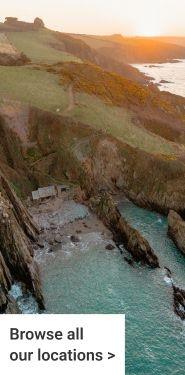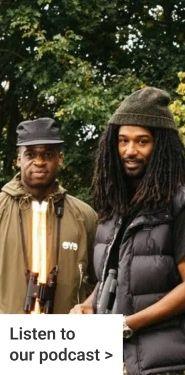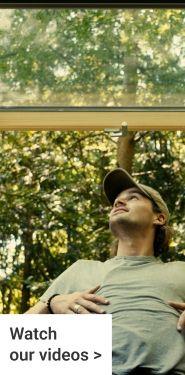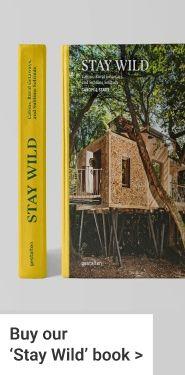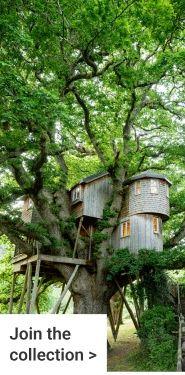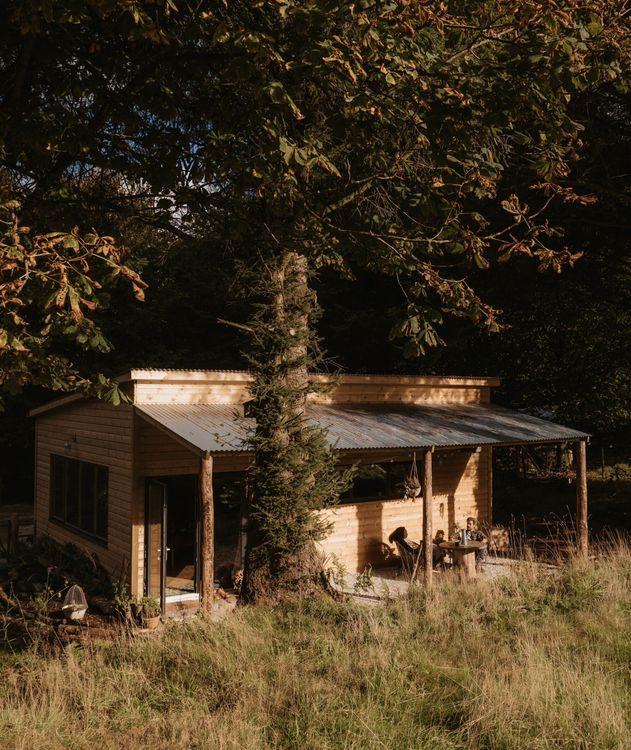
What you need to know about health and safety when setting up a new site
As an owner, it’s your responsibility to ensure that you and your property comply with all applicable laws and regulations when providing accommodation to guests, including in relation to health and safety.
Below are several things you should consider when setting up a site. A good place to start if you need more information is The Health & Safety Executive website, but you can always get in touch with the Business Development Team on ideas@canopyandstars.co.uk to discuss any doubts, questions or concerns about what you need to.
- Risk Assessment (Including potential risk, actions you have taken to prevent them and evidence of accident and near miss reporting)
- Gas Safety Assessment (including the provision of smoke/carbon monoxide monitors/alarms and the servicing and inspection of gas appliances where required)
- Fire Risk Assessment (including fire safety equipment, fire & smoke alarms, carbon monoxide detectors) Please ensure you read the regulations for your country:
- If your place is in England please refer to this document
- If your place is in Wales please refer to this document
- If your place is in Scotland please refer to this document
- Water Safety (including managing the risk of Legionella in water systems generally and the risks associated with swimming and/or spa facilities where required)
- Electrical Safety (including ensuring the safety of electrical appliances)
- Crisis Management Plan – an action plan of what to do should an emergency arise
- First Aid Training – ensure you are First Aid trained (This can be arranged with St John’s ambulance)
- Catering – If you are providing catering you will need to be inspected and given a food hygiene rating, you will also need to keep up to date with Trading Standards.
- Guest Instructions (Ensuring clear instructions for use of equipment inside the space and on the site such as wood-burning stoves, toilets, play equipment etc.)
- Guest Warnings (Ensure guests are aware of any potential risks on site, for example livestock or farm machinery)
- Hot tubs: Effective water treatment, water sampling programme and instructions to users
Guest safety on site:
- Maintain access roads and footpaths in good repair
- Speed limits imposed
- Pedestrian routes clearly marked
- Provide handrails to steps
- Lighting of footways as necessary
- Clearly marked road system
- Separate pedestrians from vehicles where possible
*Important points to remember about carbon monoxide detectors:
- They are designed to be used in buildings, and sometimes caravans and motorhomes, but won’t necessarily be fully effective in a tent or awning.
- They have a limited life – usually five to seven years. Yours should have a sticker on it to let you know when it needs replacing. If you don’t know how old it is, then it’s safer to buy a new one, they are relatively cheap and readily available.
- When you press the check button, please note this only checks the battery power, not the correct functioning of the monitor.
**Fire safety experts have warned that glamping accommodation must be treated with the same level of caution as traditional tents, and warned against using heating appliances indoors. Where they are used, you must inform the guest of safety features and risks such as not covering the heating appliance with clothes.
If you have any doubts, concerns or you just want to find out more about your obligations, you can seek professional advice at http://www.hse.gov.uk/. For more information about what you should consider before setting up a new site, please contact the Business Development Team on ideas@canopyandstars.co.uk.

